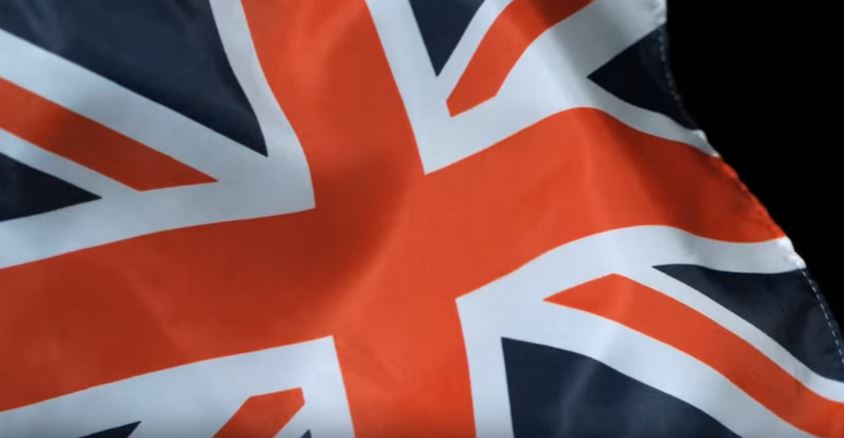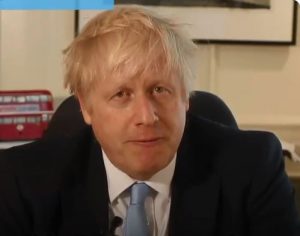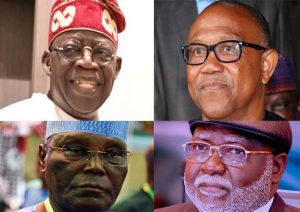
The Guardian / UK: The European court of justice has raised a ray of hope for British trade negotiators with a surprise ruling that will make it harder for national parliaments to block key components of any future post-Brexit deal between the EU and the UK.
In a long-awaited test case that had been expected to complicate the Brexitprocess, the court instead ruled that EU officials had exclusive powers to negotiate international trade deals without ratification by national and regional parliaments.
Ratification is still required in specific areas, such as inward investment and dispute resolution, but the definition of the EU “competences” is much broader than had been expected.
The ECJ ruling stems from a request by the European commission to rule on its authority over a trade deal between the EU and Singapore, but the case took on much wider importance after the Brexit vote.
Getting a deal approved in national parliaments could add five years to the process, leaving the risk that one single national or regional body could block full agreement – a difficulty hinted at last year when the Walloon regional parliament threatened to veto an EU-Canada trade deal that had been seven years in the making.
The ECJ ruling concerning the EU deal with Singapore was in part a victory for EU institutions and is likely to help the British government. This is because the court also decided the power to negotiate the core of a trade agreement – goods, services and public procurement – is allowed without individual national consultation.
This means the most important parts of a post-Brexit free-trade deal could enter into force without the approval of national parliaments.
Britain’s Institute of Directors welcomed the decision, which goes further than a previously non-binding opinion from the ECJ advocate general had suggested was likely.
“While the court confirmed that member states do have a role over aspects of investment, it parted with the earlier advocate general’s opinion on a raft of important policy areas such as transport, labour and environmental standards, which it said are reserved for the EU executive when negotiating free trade agreements,” said Allie Renison, the head of EU and trade policy at the Institute of Directors.
“This may mean a separation between trade and investment in future agreements. How this affects Brexit negotiations will depend on whether the final trade agreement includes investment provisions or not, although neither the UK or EU has expressed much interest in this to date.”
Certain investments and a special court for resolving trade disputes were not allowed beyond national consultation, therefore requiring final approval from both the EU and member states.
The European commission, which negotiates trade agreements on behalf of the bloc’s 510 million people, had asked for the ruling, after a dispute with EU member states on how far national parliaments needed to be involved.
Traditionally, the commission is given a mandate for trade talks by EU members states, but the final agreement has to be approved by EU ministers and the European parliament before it comes into force.
As trade deals have become more complex, national parliaments have become increasingly concerned the EU has been encroaching into areas of national law. Trade has also become highly politicised, with thousands taking to the streets in Berlin and Brussels in recent years to protest against the Transatlantic Trade and Investment Partnership with the US.
A statement from the ECJ described the EU-Singapore deal, which the two sides agreed in 2013, as “one of the first ‘new generation’ bilateral free trade agreements”, because in addition to classic provisions on cutting duties and non-tariff barriers, the deal touched on intellectual property protection, investment and public procurement.
The EU deal with Canada, agreed last year after seven years and touted as a future model for a post-Brexit free-trade agreement, has also been hailed as one of the EU’s most wide-ranging trade deals, covering mutual recognition of environmental standards and labour law.
The EU-Canada deal has now entered into force, despite the fact it has yet to be ratified by national parliaments. The Wallonian drama resulted from the fact the Belgian government requires five linguistic and regional parliaments to approve trade deals before it can give its consent.
The EU has negotiated 34 trade agreements covering 60 countries. Its trade negotiators have embarked on 19 separate trade negotiations covering 52 countries, including Japan and Mexico, which has risen up the priority list, after the election of Donald Trump put TTIP into the deep freeze.




